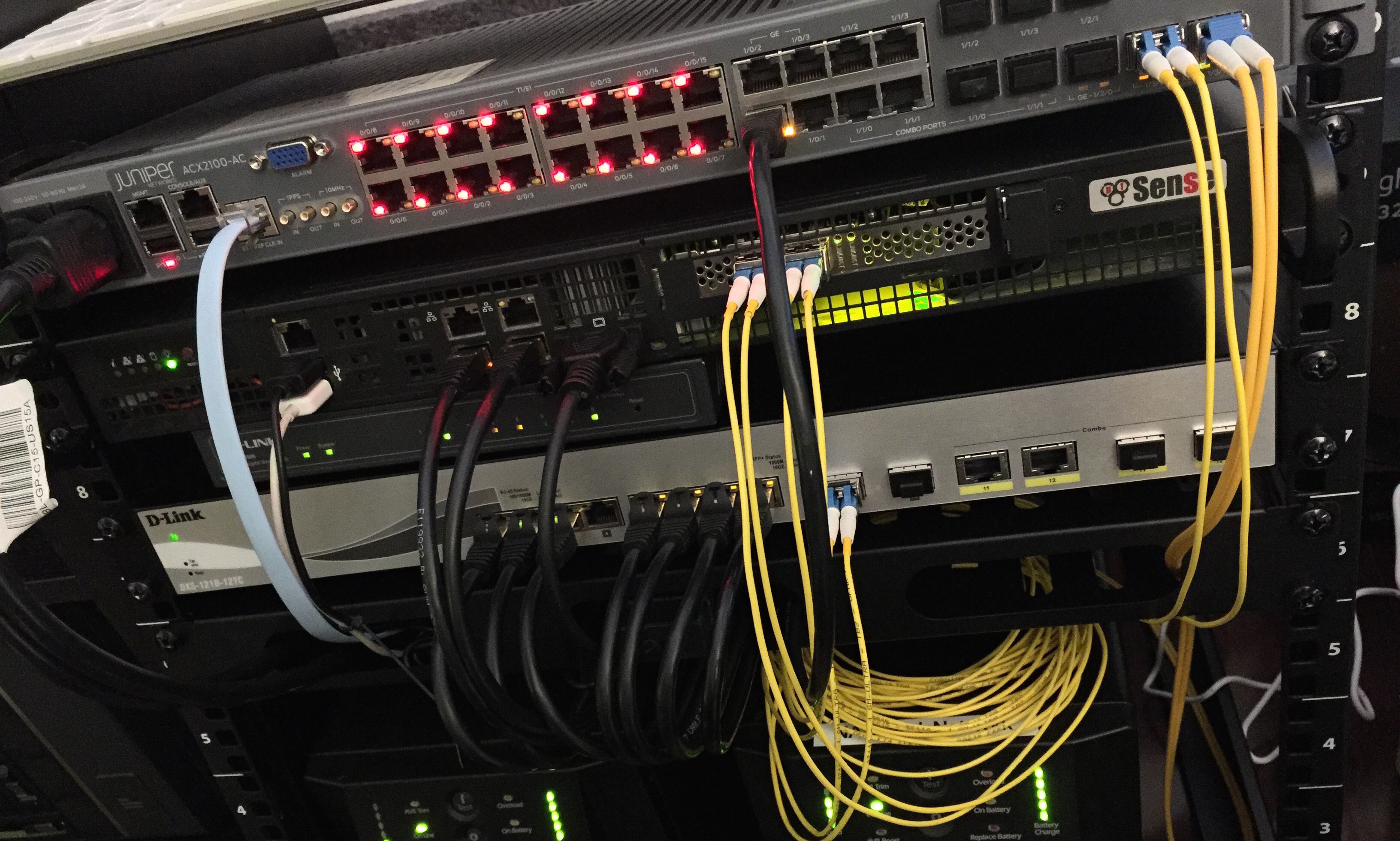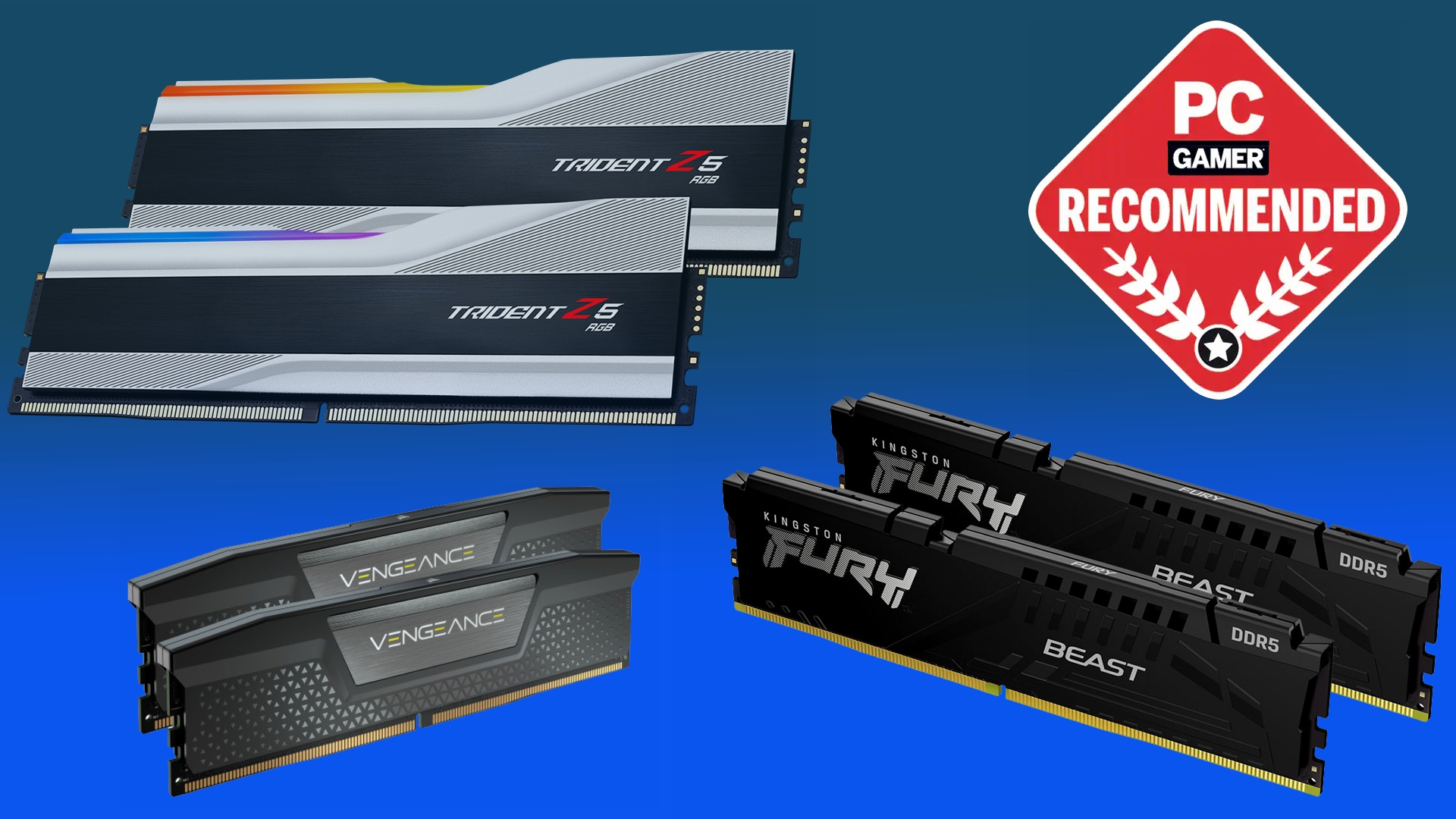It's a new week with a new development in the ongoing China-US tech dispute: Now China is going to ban US chips from its telco networks from 2027
Tit-for-tat.

It seems like every other day there's a new development in the tech cold war between China and the US. Following on from last week's request from the US government for ASML to stop servicing the systems the firm sold to China, and the recent banning of the use of Intel and AMD chips—and Microsoft Windows—from use in government computers, comes a new Chinese response.
The Chinese Ministry of Industry and Information Technology (via The Register and the Wall Street Journal) has ordered state-owned telcos to phase out foreign chips by 2027 in favor of domestically developed chips.
The move is sure to affect the revenues of Intel and AMD, as China remains a major consumer of western-sourced chips. The Chinese market overall reportedly accounts for 27 percent and 15 percent of Intel and AMD revenues, respectively. Both maker's chips are widely used in communications networks, not just in China, but across the world.
That's not all. Chinese chipmakers including Huawei and SMIC are on the receiving end of billions of dollars in subsidies from the Chinese government, which means Intel and AMD are soon to face stronger and likely more affordable competition from Chinese chipmakers in all markets.

Best DDR5 RAM: the latest and greatest
Best DDR4 RAM: affordable and fast
Competition is supposed to foster innovation, right? But when semiconductors are mentioned in the same sentence as national security, it's not a stretch to imagine blanket bans coming into effect in the years ahead. Escalating trade restrictions, tariffs and protectionism are all steps along the path to that possible future.
Just imagine if China were to say no to the PS5 because it uses AMD chips? We're nowhere near that point yet, but you never know.
AI is the hot topic for now, and it's only a matter of time before viable quantum computers become available. It's one thing to ban x86, Arm or Windows, but systems that can crack widely used encryption standards are on a whole other level. Governments do not want to share their best tech with one another.
Keep up to date with the most important stories and the best deals, as picked by the PC Gamer team.
The desire to protect communications and maintain security— even if its political hyperbole—is hardly going to go away anytime soon, this means the tit-for-tat tech war is going to continue. What's next on the ban lists from either the US or China?

Chris' gaming experiences go back to the mid-nineties when he conned his parents into buying an 'educational PC' that was conveniently overpowered to play Doom and Tie Fighter. He developed a love of extreme overclocking that destroyed his savings despite the cheaper hardware on offer via his job at a PC store. To afford more LN2 he began moonlighting as a reviewer for VR-Zone before jumping the fence to work for MSI Australia. Since then, he's gone back to journalism, enthusiastically reviewing the latest and greatest components for PC & Tech Authority, PC Powerplay and currently Australian Personal Computer magazine and PC Gamer. Chris still puts far too many hours into Borderlands 3, always striving to become a more efficient killer.

